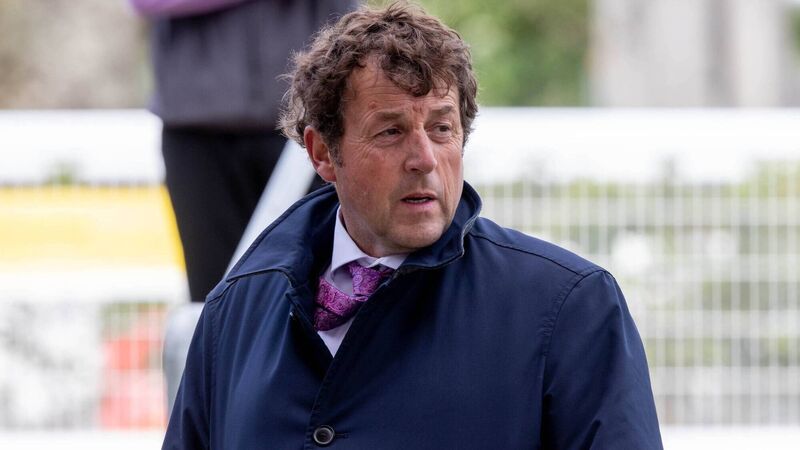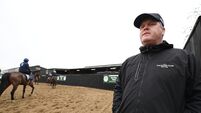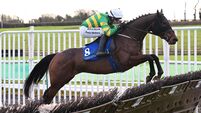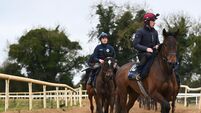Ruby Walsh: The IHRB have set a dangerous precedent

Ado McGuinness explained that a communication breakdown with his staff had led to Laugh A Minute not being present for the required test
Two wrongs never make a right, and they never will. That’s how I felt when I read the IHRB findings of a referrals hearing held by the referrals committee at the IHRB headquarters on Wednesday, August 17.
The case in question related to trainer Ado McGuinness and his horse Laugh A Minute, who the race-day stewards had requested to be post-race tested at the Curragh on Sunday, June 26.










